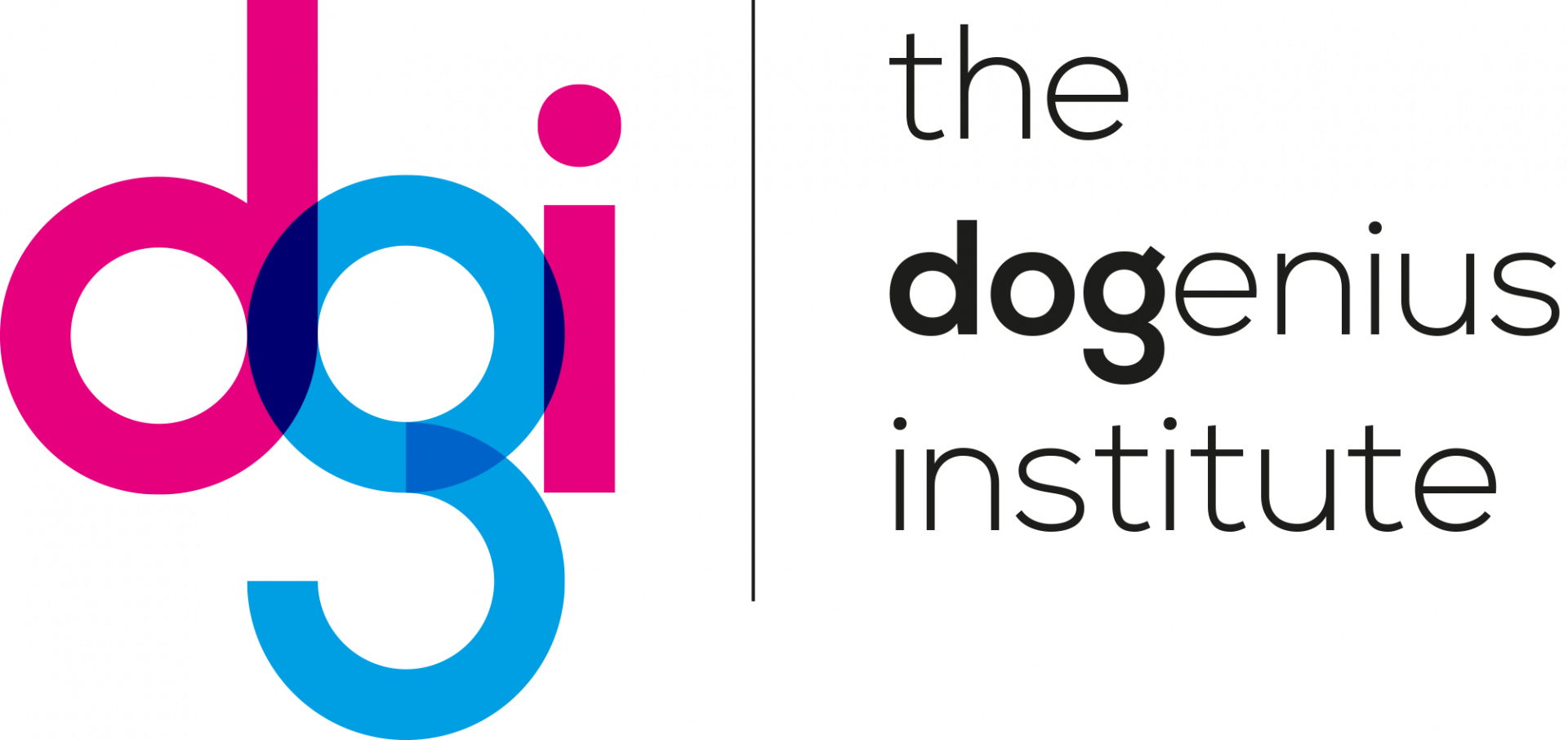Social Media Guidelines
Introduction
Social media is a powerful and important part of modern life.
Social media can:
- Let you express and share your ideas and creativity
- Connect with people and build a network of contacts
- Present yourself to future employers and enhance your career opportunities.
But it can also:
- Cause harm to others and yourself
- Damage your reputation with future colleagues or employers
- Put you at risk of legal or disciplinary action
These guidelines are intended to help you get the benefits of social media while avoiding the potential problems. It uses a very broad definition of social media: “any technology platform which allows the creation and sharing of content across a virtual community”. This definition includes the well-known services like Snapchat, Facebook, Twitter, LinkedIn, YouTube, and Instagram, but also smaller services like personal blogs, discussion forums, or even the comment sections on web sites. This guide covers your personal social media activity; separate guidelines are applicable if you are helping to run an official The DoGenius social media account. Nothing in these guidelines is intended to limit your freedom of speech or your academic freedom.
The golden rule of social media is to assume that anything you put on social media will not stay private, will not stay anonymous, and will stay on the internet forever. So always think before you post and express yourself with care. In particular:
- Don’t harass, bully, or defame individuals or groups.
- Don’t reveal confidential or personal information about yourself or other people
- Don’t post links to content that is discriminatory or illegal.
- Don’t breach copyright or intellectual property.
- Don’t post evidence of you breaking the law.
Take particular care if you are using social media with your fellow students, perhaps as part of a study group or working on a project together. Think about how others will interpret what you say. Consider using DoGenius provided tools, such as the website messenger or The Den for this type of collaboration.
What might the consequences be?
Put the wrong things on social media and you risk future employers seeing them, breaking the Student Code of Conduct and potentially facing disciplinary action, or even getting into trouble with the law.
If your area of study or planned career leads to professional accreditation or has a professional body, they may have their own expected standards of conduct. For example, in the healthcare professions there are very strict rules around patient confidentiality. Putting the wrong things on social media in this context could lead to a fitness to practice process. Your course leader can give you specific advice for your area of study.
What steps can I take to avoid negative consequences?
Understand your digital footprint – the combination of all the things you do online. It’s easy for people to make the connections between your different social media accounts and build up a picture of you.
While it is a good idea to assume nothing you post on social media will stay private, you should still check the privacy settings for the social media tools you use, especially if you’re posting your original creative content.
Be aware that
fraudsters and scammers use social media too. Don’t assume everyone is who they
claim to be, and use the same care when following links or opening attachments
that you would when reading an email. Also, be careful to keep your social
media secure.
Use a good password – we suggest three random words strung
together. Consider turning on Two Factor authentication if it available; this
feature sends a confirmation text to your phone before allowing access to your
social media account from an unfamiliar computer.
Social media is a great way to discuss and challenge people’s ideas, but things can get out of hand and you end up just arguing on the internet. Take a break if things are heating up. More generally, having an occasional break from social media can be a healthy thing to do.
If you have a disagreement with or a complaint about another student, a member of The DoGenius Staff, or the The DoGenius itself, you may find that other channels are more effective in resolving matters. Consider all your options before posting to social media.
How to report bullying and harassment on social media
At the The DoGenius we take bullying and harassment of another individual very seriously. If you’re being harassed or bullied on social media, there are a number of options available to you. You can discuss the issue with the Director or any tutor. If you consider that you are being bullied or harassed by a member of staff or another student, see also the advice in the Dealing with Unacceptable Behaviour Guidelines.

